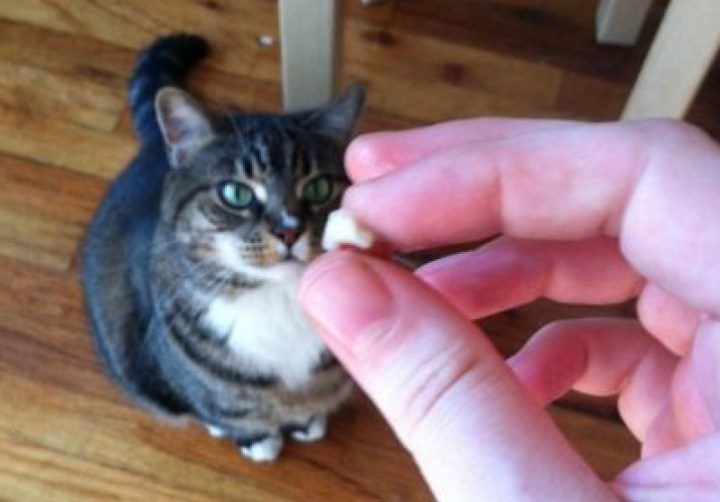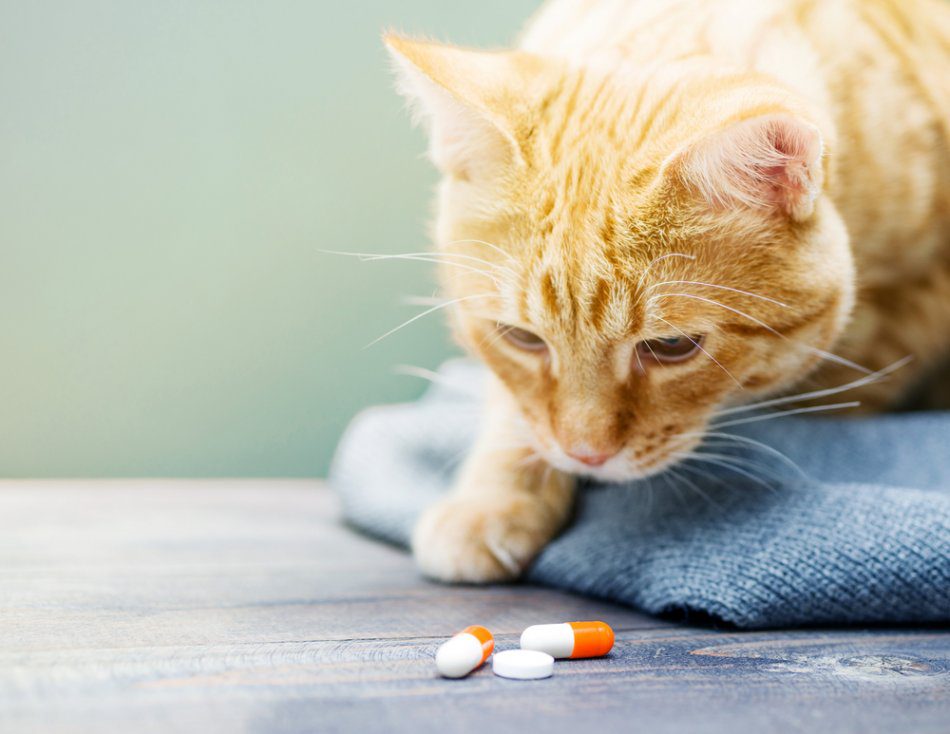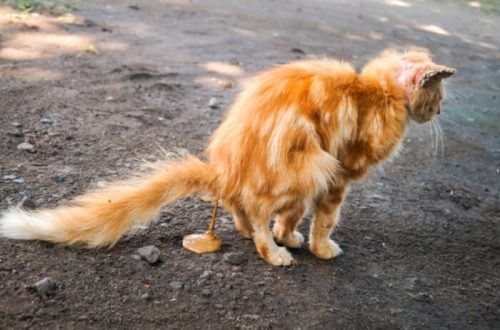
Can a cat be given paracetamol?
Paracetamol is one of the most famous medical drugs. Millions of people take it every day to get rid of pain. Paracetamol is also part of various medicines designed to treat us from the flu and colds. But there is one thing that few people know: paracetamol in any form is poisonous to cats, and sometimes a small part of a tablet or a drop of syrup containing paracetamol is enough for a dose to be fatal.
The saddest thing is that cats rarely consume paracetamol by accident. Unfortunately, most often paracetamol poisoning of a cat is associated with the attempts of the owners to help their pets.

Contents
The effect of paracetamol on the body of a cat
Why is paracetamol, which treats people, ruining cats? The fact is that the liver of cats is not able to break down paracetamol in the same way as it happens with people. As a result, a large concentration of the substance accumulates in the cat’s blood, and this leads to the accumulation of a huge amount of decay products that cause poisoning.
If treated promptly, the prognosis is favorable, but be prepared for the fact that very intensive treatment may be needed. However, the longer you wait to see a veterinarian, the less chance your cat has of surviving paracetamol poisoning.
It is important to remember one rule. Never use human medicines on a cat unless recommended by a veterinarian!
And keep medication out of your cat’s reach.

Paracetamol poisoning in cats: symptoms
The following symptoms may indicate paracetamol poisoning in a cat:
- Depressed state.
- Labored breathing.
- Swelling on muzzle and paws.
- Vomiting.
- Urine dark brown.
- Yellowness of the skin.
- The gums and whites of the eyes may appear bluish or yellowish.
The cat ate paracetamol: what to do?
If you suspect paracetamol poisoning or have tried to treat your pet with this medicine yourself, contact your veterinarian as soon as possible!
The sooner treatment is started, the more likely the cat is to recover.





